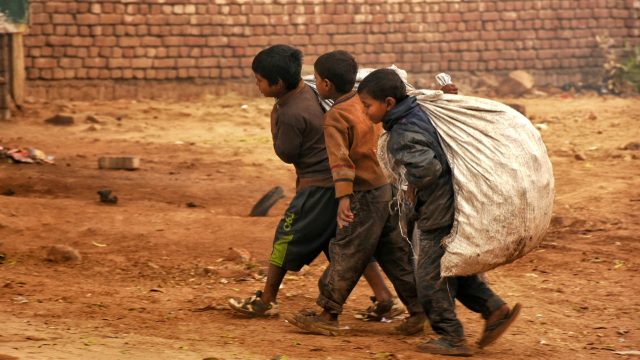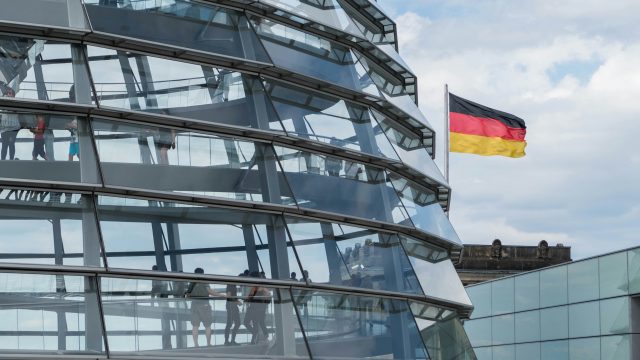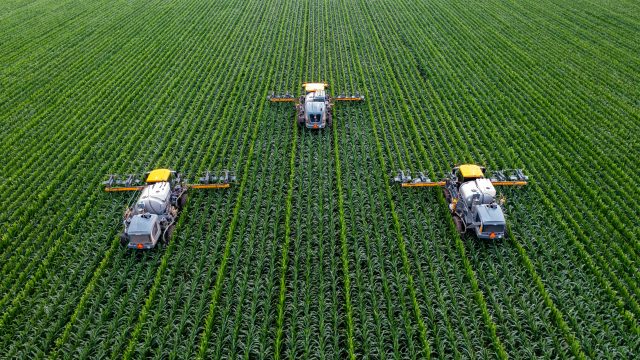Civil society calls on governments to make green fair

At the UN PAGE Ministerial Conference in Berlin, members and friends of the Green Economy Coalition have drafted an open letter to all governments on the issue of inequality and sustainability.
Signed by CAFOD, WWF, IIED, Save the Children, SEED, Development Alternatives, IED Senegal, Africege, the STEPS Centre and the Equality Trust, the letter calls for governments to recognise and respond to the issue of inequality in their green growth plans and economic policies.
Green Must Be Fair: An invitation to collaborate
Poverty has been significantly reduced in recent decades, but an estimated one in nine people do not have enough to eat. Inequality in many countries is rising. Hundreds of millions of people are in situations that do not respect their dignity, nor offer positive choices for the future.
Inequality makes poverty more persistent and multi-dimensional, and it undermines economic growth.
Inequality also sits at the heart of our relationship with the environment. The richest people on the planet consume disproportionately more than anyone else. The poorest are more vulnerable to infertile soils or polluted air and yet have the lowest carbon footprint.
As development and environment organisations working around the world, we see the links between poverty and inequality first-hand: in Kenya, rural industrial development has degraded the environment without creating jobs for local communities (i); in the UK, flooding disproportionately affects the most vulnerable (ii). Each of us are exploring these issues to uncover what does and doesn’t work – through wider networks, deeper research and a stronger evidence base.
The opportunity to close the gap
In 2015 all governments adopted the Sustainable Development Goals and the Paris Agreement on Climate Change, committing to leave no-one behind as we together tackle poverty, inequality and environmental challenges across the globe
Economies need to be both inclusive and sustainable, yet many economic policies fail both people and the environment. Green policies are not inherently fair ones, with green certification often too complex for smallholder farmers and poor communities excluded from renewable energy schemes.
Green Economy allows us to think differently and bring together foundational policies which promote both inclusion and sustainability. For example, evidence from Brazil shows the benefits of involving informal workers in the design of waste and recycling policies (iii); while in Tanzania renewable energy schemes aimed at the poor have been more cost effective than traditional grid solutions (iv). Inequality and sustainability can – and should – be addressed together.
We invite a deeper collaboration between governments, business, international institutions and civil society to meet the challenge of making all economies inclusive and sustainable – to make economic development both green and fair.
For more information, please contact:
Graham Gordon, CAFOD
Emily Benson, Green Economy Coalition
i. Nunow, AA (2011), ‘The Dynamics of Land Deals in the Tana River Delta’, conference presentation at the International Conference on Land Grabbing, April 2011
ii. England, K., & Knox, K. (2015). Targeting flood investment and policy to minimise flood disadvantage. Joseph Rowntree Foundation, York. Available at:https://www.jrf.org.uk/report/targeting-flood-investment-and-policy-minimise-flood-disadvantage.
iii.Tackling informality in e-waste management: The potential of cooperative enterprises, International Labour Organisation. http://www.ilo.org/wcmsp5/groups/public/@ed_dialogue/@sector/documents/p...
iv. Energy Change Lab, IIED and HIVOS, http://www.energychangelab.org/


